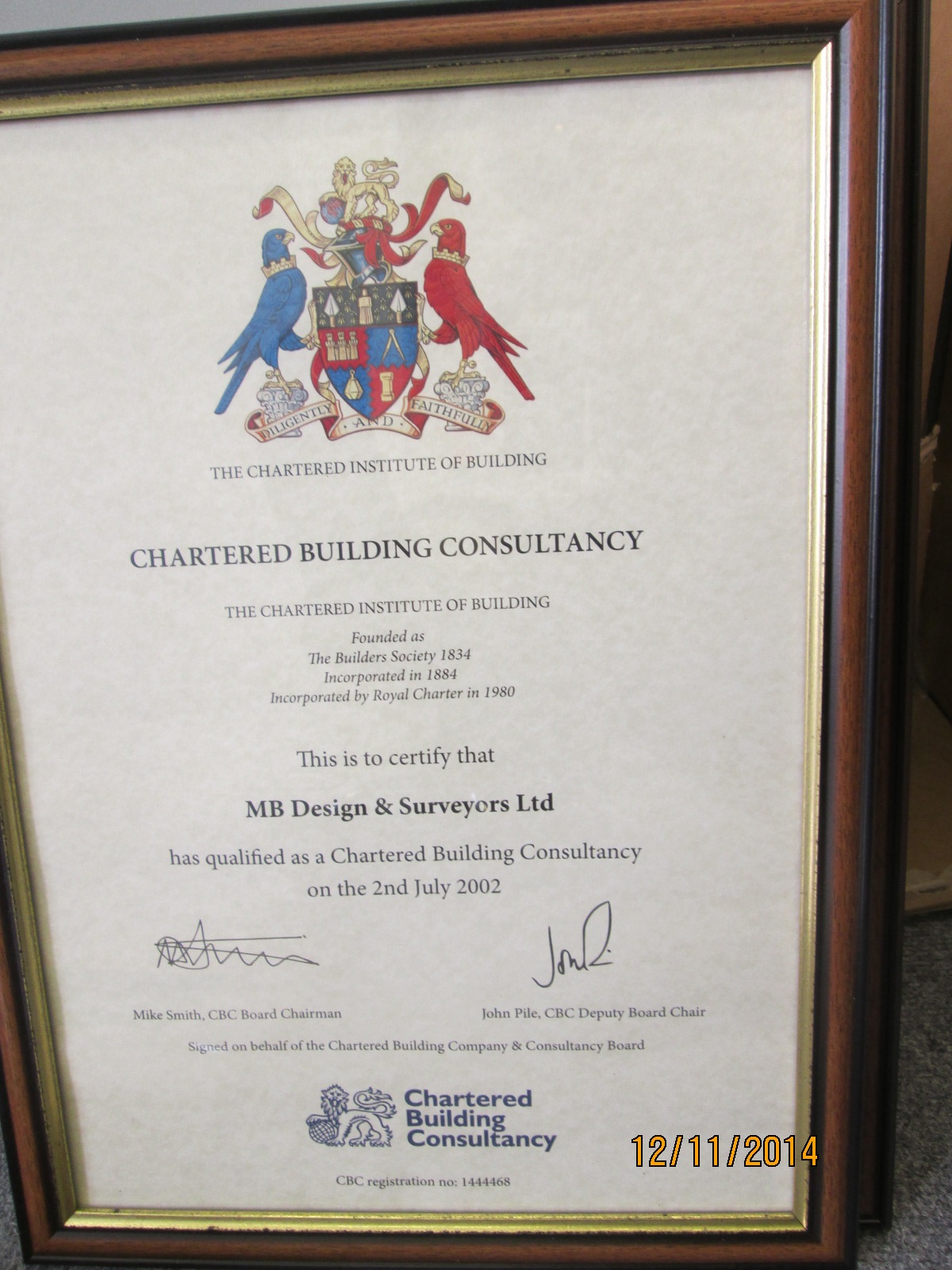Building Survey : Introduction:
A building survey plays a vital role in assessing the condition and potential issues of a property before making a purchase. This article provides an in-depth understanding of professional building surveys and highlights their significance for property owners. By uncovering potential problems, buyers can make informed decisions, protect their investment, and avoid costly repairs in the future.
Understanding Building Surveys:
A professinal building survey involves a thorough inspection of the property’s condition. It goes beyond a basic valuation (which are normally carried out by lenders panel valuers) and provides comprehensive information on the overall structure, safety, and potential future maintenance requirements. Hiring a professional surveyor ensures a detailed assessment that can uncover hidden issues that might otherwise go unnoticed.
Identifying Potential Issues:
During a building survey, a trained surveyor assesses several key areas of the property. This includes identifying structural defects and safety hazards, evaluating the building’s energy efficiency and sustainability, and recognizing potential future maintenance requirements. By uncovering these issues early on, prospective buyers can make informed decisions and plan for any necessary repairs or improvements.
Protecting Your Investment:
One of the primary reasons to conduct a professional building survey is to protect your investment. By identifying potential issues beforehand, buyers can avoid unexpected costs and costly repairs in the long run. The survey findings can also be used to negotiate the purchase price based on the necessary repairs or maintenance required. Furthermore, a building survey ensures that the property meets your requirements and expectations.
Compliance and Legal Considerations:
Building surveys play a crucial role in meeting legal obligations for property owners. They help ensure compliance with building regulations and safety standards. Additionally, lenders or insurers may require a building survey to assess the property’s suitability for insurance coverage or mortgage purposes. By conducting a professional survey, property owners can avoid penalties and ensure the property is in full compliance with local planning and development regulations.
Professional vs. DIY Surveys:
While some individuals may consider conducting a DIY survey to save costs, there are several risks and limitations involved. Building surveys require specialized knowledge and expertise to identify potential issues accurately. Professional surveyors are trained to assess properties comprehensively and use advanced tools to uncover hidden defects. Comparatively, DIY surveys may miss crucial details and lead to expensive consequences in the future.
Hiring a Professional Surveyor:
To ensure a thorough and accurate assessment, it is essential to hire a qualified and reputable surveyor. It is crucial to check the surveyor’s accreditation and credentials to guarantee their expertise in the field. Seeking recommendations and references from trusted sources can help in selecting the right surveyor for the job. Additionally, comparing quotes and the range of services provided by different surveyors can assist in making an informed decision.
Conclusion:
A professional building survey is a crucial step in assessing the condition and potential issues of a property. By identifying potential problems early on, buyers can protect their investment and avoid unforeseen costs. Compliance with legal regulations and safety standards is also ensured through professional surveys. Ultimately, investing in a building survey provides peace of mind and allows property buyers to make informed decisions based on accurate information.
We hope this was helpful to you if you are in need of a professional building survey and within the essex area we cover please give us a call for a no obligation chat and fee proposal to consider. Kindest Regards Mike Brebner


